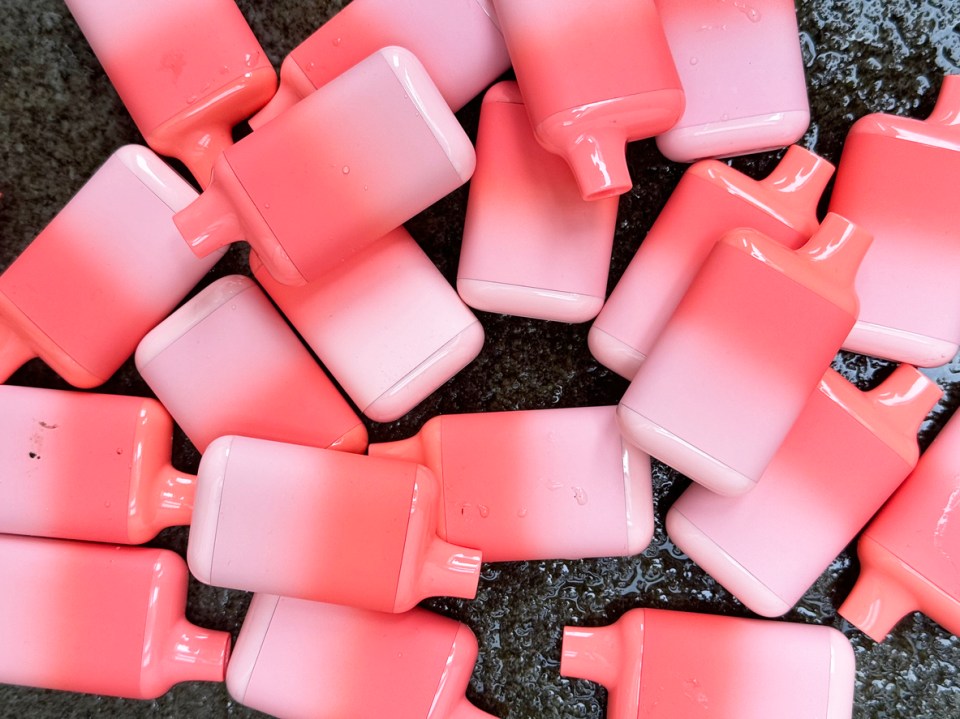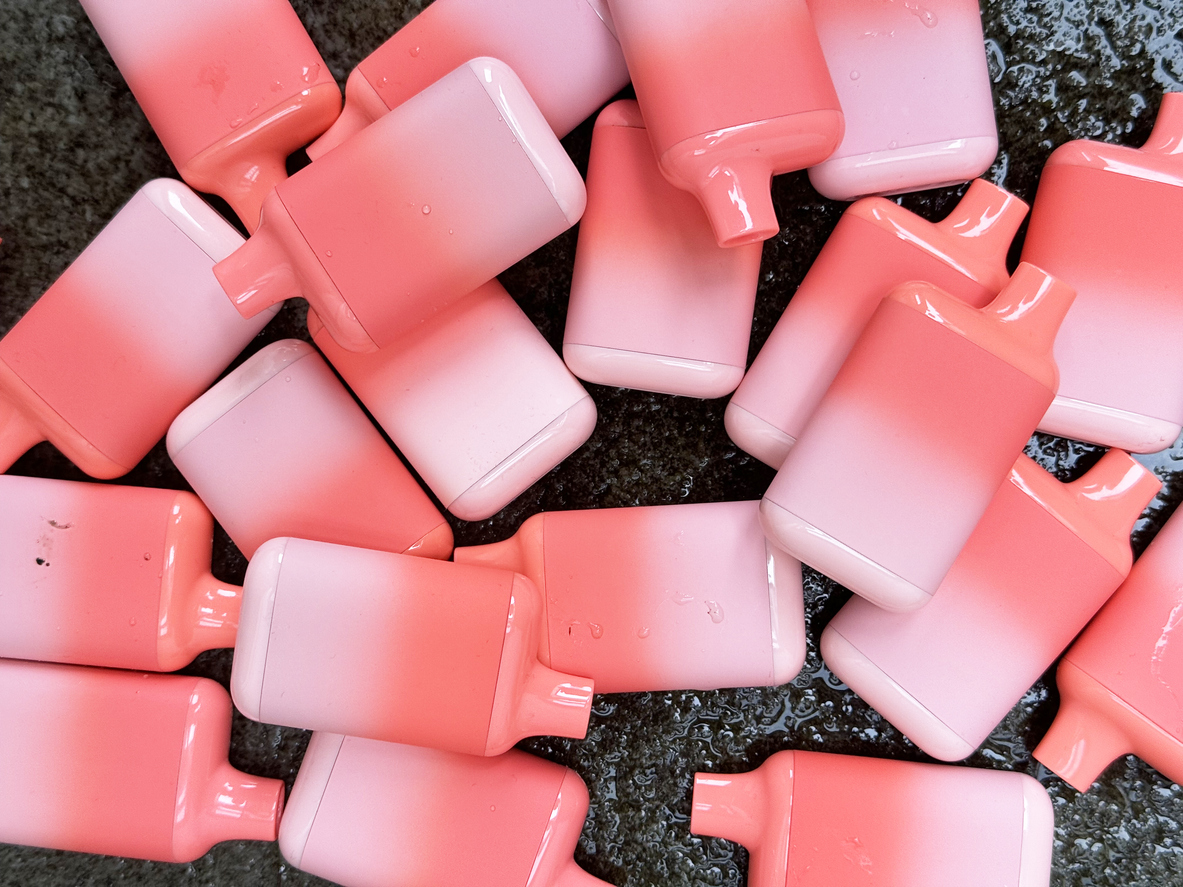In a week’s time, it will be illegal to sell disposable vapes in Britain. Politicians from both parties will pat themselves on the back. The ban was introduced by Rishi Sunak and backed by Keir Starmer, and was hailed as a moment of non-partisan unity. In truth, it’s a policy disaster.
I used to smoke ten to fifteen cigarettes a day. Disposable vapes ended this habit. I haven’t bought, or been tempted, to buy tobacco for three years since quitting. Even when offered a cigarette free, it feels dirty; friends no longer bother asking if I fancy one.
But in January last year, Sunak said there had been a ‘major spike’ in youth vaping. He claimed that the number of children vaping in the past three years had tripled. Not so. The UCL study he cited focused on 18 to 24-year-olds – these are adults, not children.
The honest – and less dramatic – trend in underage vaping was closer to, but still short of, a twofold increase, from 11.2 per cent (2021) to 20.5 per cent (2023). It’s not ideal, sure. But the ASH surveys frequency and splits respondents into ‘ever’ or ‘never’ users of e-cigarettes. So one in five children weren’t habitual vapers in 2023. In fact, more than half of children who said they vaped simply tried ‘once or twice’ and were not ‘regular’ or ‘occasional’ users.
Neither major party had the courage and curiosity of a grown up to look closer at the data underpinning this ban. Once Starmer replaced Sunak in Downing Street, the manufactured urgency was inherited wholesale. Labour’s Lucy Powell, leader of the House of Commons, pledged in September to ‘tackle the scourge of vaping’.
Vapes, of course, aren’t completely risk-free. But they are not a ‘scourge’. There’s no solid evidence that vaping carries the severe risks as tobacco does. Vapes do contain carcinogens, but at much lower potencies, and often less than 1 per cent as harmful as those in cigarettes.
Disposable vapes – which are much cheaper at a single cost of around £5 than a rechargeable Juul costing £29.99 upfront – should be celebrated: the most effective-anti-smoking tool there is being more readily accessible. Major brands like Elf Bar, SKE Crystal and Lost Mary are already ahead of the ban: they have already pivoted in anticipation. Their new compliant vapes look almost identical to the old ones. Same flavours. Similar sizes. Only now the liquid pods are sold separately from the device – a minor tweak dressed as a major fix.
So what might change? Not much. If children can get hold of a disposable vape now, they’ll be just as able to also pick up a few pods in June. But for adults trying to quit smoking, that extra friction – a fiddly assembly, a dying battery – might just nudge some back to buying a pack of Marlboros instead. I’m confident that won’t be me – the taste of tobacco is too off-putting – but the impermanence of throwaway vapes is lost. If its needs charging, it’s less of a crutch and more of a lifestyle.
This disposable vape ‘ban’ is less about safeguarding children than it is about puritanism and optics: it looks tough, feels timely and costs little political capital. The reality is that politicians have just made an effective anti-smoking tool more inconvenient and more expensive. Common sense has been stubbed out.








Comments
Comments will appear under your real name unless you enter a display name in your account area. Further information can be found in our terms of use.